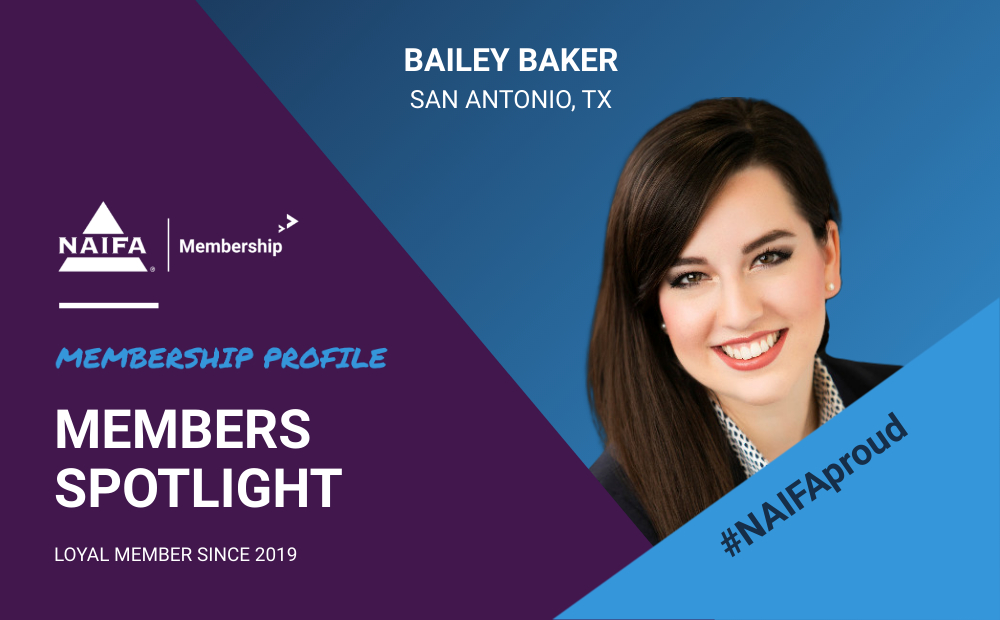Consider just how much trust someone needs to have in their financial advisor to give them continuous access to, and nearly complete control of, their life’s savings, their retirement income, and their future security and dreams. That degree of trust ranks right up there with entrusting your life to a surgeon, your children’s wellbeing to a nanny, and your heart to your spouse.
Trust like that isn’t simply granted to a financial advisor because of a single phone call.
That level of trust like has to be earned over time. And once earned, it should never ever be taken for granted; you need to reaffirm your clients’ trust continuously and consistently, or they’ll take their assets elsewhere.
There’s simply too much competition for you not to obsess over how to keep your clients’ loyalty.
The 4 strategies discussed below are used by successful financial advisors to win prospective clients’ faith and to maintain their current clients’ confidence (and assets) for life.
Share your process
Most people experience anxiety when they are confronted with the unknown and the unexpected. Similarly, we are wary of anything that is unfamiliar. The more detrimental to our safety we think something is, the more distrustful of it we become.
How does this information affect you as a financial advisor?
Well, you already know that having money makes people feel secure, and security—especially financial security—is among our most fundamental needs. If, as a financial advisor, you do something unknown, unfamiliar, or unexpected with a client’s money, they’re going to feel their security is in jeopardy.
And no matter how you slice it, that’s not good for business.
They may feel a little less secure, or they may feel horribly exposed to all sorts of terror. The point is, you could be at risk of losing that client because they no longer feel that their money is secure and that they are safe.
Financial advisors who share their process with their clients are able to avoid this risk.
Think about your process as including 3 things:
- your value proposition (what makes you different and better than other financial professionals),
- your approach to financial management, and
- your overall goal-based planning.
You need to take the time to explain your process to your prospective clients and find opportunities to remind your current clients.
Your marketing and branding should communicate your process in a consistent manner, and you should have collateral you can leave with leads and clients that explain it clearly.
And, if something unknown, unfamiliar, or unexpected does happen, you can help to mitigate the damage by talking with your clients immediately. If you wait and send an email instead of picking up the phone, you’re guaranteed to make the situation worse.
Make a promise
By definition, a promise pertains to a future action. Financial advisors who have the trust of their clients typically make the following promises:
- They hold and report on quarterly, semiannual, and annual meetings.
- They ensure proactive rebalancing.
- They deliver an agreed-upon client service model;
- They return calls and emails in a timely matter;
- They extend invitations to client appreciation events;
- They provide educational workshops on topics of interest (retirement planning, social security, college savings, and more).
Commit to consistent, high-quality service
With all that you promise, it’s critically important that you consistently meet your obligation to keep them.
It’s a well-known fact that clients fire their financial advisors for poor returns on investments. But they also fire their advisors for other reasons, including inconsistent, slow, or absent communication. There is a good chance that many of your prospects are sitting with you because their previous advisor failed to deliver on one or more of their promises—including failing to communicate with them consistently.
Out of necessity, to deliver consistent, high-quality service means you must always be looking and planning ahead.
Make a habit of putting meetings and events on the books well in advance of their dates and send several reminders. In particular, when planning events, be sure to consider your clients’ needs. Business may be slow for you in December, but it may not be slow for your clients.
And don’t think that you need one, all-encompassing event. Be knowledgeable about the demographics represented within your database, and then plan events that will be interesting to different segments of your clientele. One event might be a wine-tasting while another might be a golf outing.
Get personal
According to an August 2020 survey of 2,000 financial clients conducted by AIG Life & Retirement and MIT AgeLab, 25% of respondents said they would leave their advisor because of a lack of “personal connection.” What does this mean? Well, what it means likely varies from person to person, but the same study found that 40% of 30-to-45 year old clients view their ideal advisor as a “life coach,” while another 35% described their advisor as “a friend.”
Beyond knowing their financial goals, trusted advisors take the time to get to know their clients on a more intimate level. They get to know their clients’ likes and dislikes, hobbies, hot button issues, families, and history.
It’s easy to show your clients that you care. Well-liked and trusted advisors listen to what their clients say and follow up with meaningful questions. They take the time to talk with their clients about more than just business.
- They send video texts to clients wishing them a happy birthday.
- They forward articles they know their clients will find interesting.
- They invite clients for coffee, or to get a drink, or to join them at a sporting event.
- They call on important occasions like anniversaries and college graduations.
Whatever you can do to let your clients know that they are important to you, that you appreciate their business, and that they are more than an account number will build trust.
Put your attention where it needs to be
Trust happens when you have proven processes, deliver on your promises, are consistent over time, and care about your clients. If you falter, even once, in any of these areas, your clients’ trust in you and your relationship is diminished. It may be only by a fraction of a degree, but it will weaken. And that makes any subsequent slip you might make that much more damaging.
The good news is that you can control the implementation of each of these strategies, and we can help with at least one of them—consistent communication.
Every 2 months, we’ll automatically send your exclusive list of recipients a beautiful, personally branded magazine of your choice with articles about food, travel, health, design, home and garden, and more. With no financial information included, there are engaging articles written to peak a wide range of interests. And the best part is they make placing follow-up calls incredibly easy.
Get a free sample copy of our most recent issue, then let one of our representatives talk with you about how to use your magazine to generate referrals and retain more clients.
ReminderMedia is a Marketing Partner to NAIFA as well as a supporter of NAIFA's Business Performance Center. For members, you can learn more about ReminderMedia and how to partner within the Member Portal.









.png?width=300&height=600&name=Tax%20Talk%20Graphic%20-%20email%20tower%20(300%20x%20600%20px).png)
